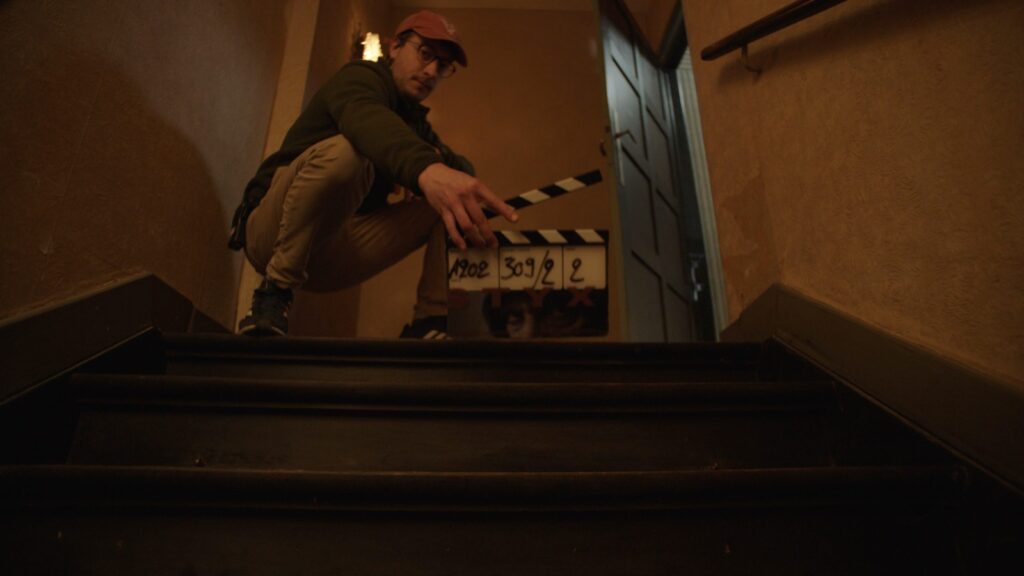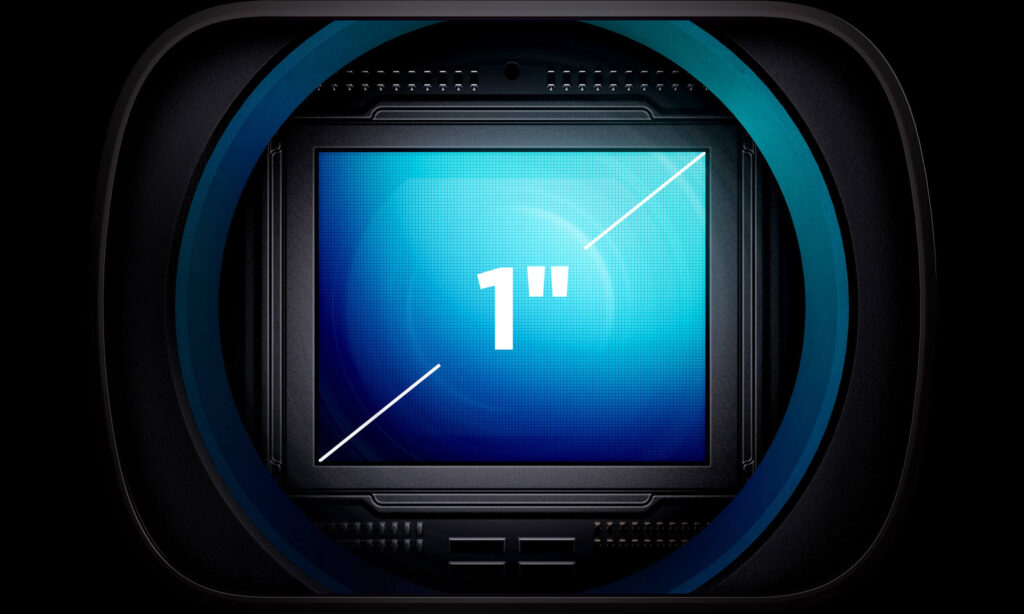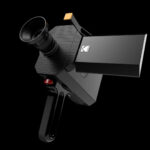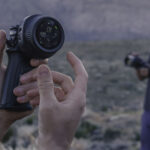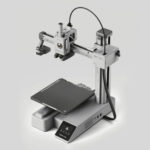2nd AC / Clapper Loader essentials guide
You’ve landed yourself a 2nd AC gig! Great! But what is expected of me, and what do I need to be as good of an AC as possible? No worries; you’ve come to the right place!
What is a 2AC/ Clapper loader
A second assistant camera, or 2AC, is a part of the camera department. In this position you’ll be the assistant to the focuspuller (1AC) and the cameraman (DOP)
Tasks
1.1 Assisting
The title says it all: you’ll help your team do their job as smoothly as possible. These can be things like: handing the correct lens for a lens change; keeping materials organized; changing and charging batteries; loading and unloading the van, handing your DOP their Easyrig,….
Whatever has to be done in the camera department might be on your list of possible tasks. Occasionally, they might even ask to bring coffee if they are unable to leave the set.
1.2 Slating
As you might have seen in behind-the-scenes footage, at the start of a take, someone calls out some numbers and slaps a slate at the end. This will also be your task; in fact, your hands will be in every take of every shot!
These numbers and letters are, of course, not random but are unique to that take. In cooperation with the script supervisor, you’ll be calling out the correct slate so that in post the editor can visually see and hear the correct audio. The moment you slap that slate is also the point at which the audio gets synced up to the video, as this results in a spike on the audio timeline.
The calling out of the slate is also a mental moment for cast and crew, as at the moment of slating everyone has to be silent, an ideal moment for the start of a scene.
1.3 Managing Equipment
All the camera department’s equipment will pass through your hands, so it’s best to get to know every part of the rental package. You’ll be the one asked to bring that one obscure item you’ve been bringing along for the whole shoot but haven’t used up until now, so you’ll better know where that is!
You’ll also be the first to notice faults in the equipment. Broken BNC cables, dead batteries, lack of tape, …
A good 2AC will follow up on these items, try to solve the issue, or report it to the 1AC, who in turn might need to call the rental house or order more tape
1.4 Backing-up footage
On large productions, this won’t be up to you, and there will be a dedicated data manager. However, on small and sometimes even medium-sized productions, they’ll ask you to securely back up the footage using tools such as ShotPut Pro, Hedge, Silverstack,…
Requirements
2.1 Be yourself
A good 1AC will always let you be yourself. This is quite an obvious requirement, but if you’re not who you normally are, you’ll start to doubt yourself and your position. Don’t get intimidated by the rough-looking guys on set.
2.2 Be eager to learn
When first starting as a 2AC, you’ll need to learn a lot fast. This might be an intimidating thought, but remember that you can always ask your 1AC anything. They are there to help you and will gladly explain to you how to pair a Teradek or the correct way to hand a lens over during a change. The only thing expected of you is to try to remember it and to go out on your own and explore everything that is on set. Dig into those menus on the monitors, look at the layout of the camera, and ask what a specific cable does. This not only shows that you’re eager to learn, but also committed to the department.
2.3 When possible, be tech-savvy
You will be the go-to person whenever something “technological” doesn’t work. Expect to get requests from crew members regarding the apps they use to view the image on their phones. Or receive a request from a production company to upload things to their NFC server. Sure, this doesn’t really fit your job description, but they’ll thank you for it. And if there is ever any doubt, just ask your AC!
Tools
As a new 2AC, there aren’t many tools you are expected to bring; your 1AC will have most; however, below is a list of what I would recommend you bring.
- Belt
- Headlamp
- Decent shoes
- Carabiner and piece of string (to hang some tape on your belt)
In the future, you’ll most likely collect more tools you prefer to use on the job, but none of these are required for your first few gigs.
- Multitool
- T-handle flathead screwdriver
- Water and/or coffee container
- Hex - Torx keys
